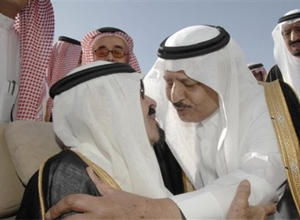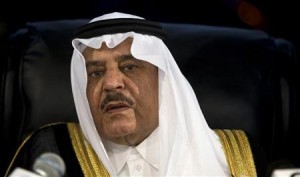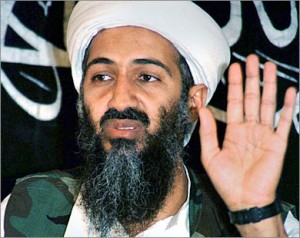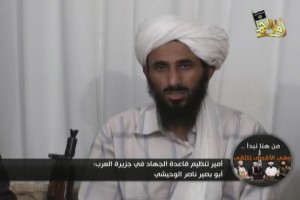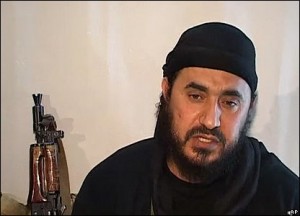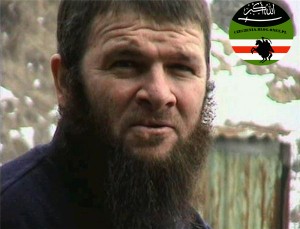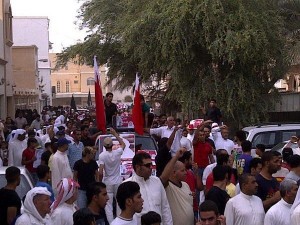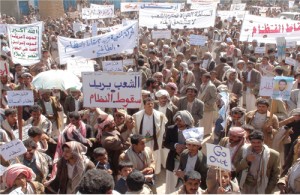The world’s No. 1 oil exporter faces the twin challenges of creating jobs for a young population at a time of unrest in the Arab world, and pursuing economic reforms with a royal succession looming.
The stability of Saudi Arabia is of global importance since the kingdom sits on more than a fifth of oil reserves, is home to the biggest Arab stock market, is a major owner of dollar assets and acts as a regional linchpin of U.S. security policy.
King Abdullah, who is around 87, unveiled $93 billion in social handouts in March, on top of another $37 billion announced less than a month earlier.
But this apparent effort to insulate the kingdom from Arab popular protests sweeping the region has not stopped activists, including liberals, Shi’ites and Islamists, calling in petitions for more political freedom. Saudi Arabia is an absolute monarchy with no elected parliament.
Riyadh has not seen the kind of mass uprisings that have shaken the Arab world this year, but Shi’ites in the kingdom’s oil-producing east have staged a number of protests.
Almost no Saudis in Riyadh answered a Facebook call for protests on March 11 in the face of a massive security presence.
Saudi Arabia has been ruled by the Al Saud family for 79 years, with influence from clerics following the austere Wahhabi school of Islam, and many oppose the very reforms the king has started.
However, slowing down reforms to modernise education might affect government plans to create jobs — unemployment last year reached 10 percent.
And with around 70 percent of Saudi Arabia’s almost 19 million people under the age of 30, the pressure to find them gainful employment is huge.
SUCCESSION
King Abdullah returned home in February after spending three months abroad for medical treatment, during which he underwent two surgeries after a blood clot complicated a slipped disc.
With the slightly younger Crown Prince Sultan also in poor health, the throne could eventually go to Interior Minister Prince Nayef, a conservative who could put the brakes on some reforms started by Abdullah, analysts say. Nayef, around 77 years old, was promoted to second deputy prime minister in 2009.
He has supported the religious police who roam the streets to make sure unrelated men and women do not mix in public and that shops close during prayer times.
To regulate succession, Abdullah has set up an “allegiance council” of sons and grandsons of the kingdom’s founder but it is not clear when, or how, it will work in practice.
So far only sons of the kingdom’s founder Abdul-Aziz Ibn Saud have ascended the throne, and the remaining 20 or so are mostly in their 70s and 80s. Leaders have been reluctant to hand senior jobs over to the next generation.
If a younger generation were unexpectedly to come into play, prominent potential candidates include Nayef’s son Mohammed, who as the anti-terror chief was the target of an al Qaeda suicide attack in 2009. Another leading face among the grandsons of Ibn Saud is Sultan’s son Khaled, the assistant defence minister.
WHAT TO WATCH:
- The health of senior royal family members and their involvement in day-to-day affairs of running the kingdom
- Any sign of abrupt cancellation of scheduled programmes such as foreign visits by senior leaders
- Any signs that the elder generation is passing on more responsibility to the grandsons of Ibn Saud, and to which ones
REFORMS
Officials who back Abdullah say they fear that young Saudis frustrated over their failure to find work could provide potential recruits to violent Islamists who want to overthrow the House of Saud.
Abdullah started some narrow reforms to overhaul education and the judiciary after taking office in 2005 but diplomats say his reform drive has run out of steam.
He has not altered the political system of an absolute monarchy that analysts say has fuelled dissent, with democracy activists, liberals and Islamists calling on the king in petitions to allow elections and more freedom.
Abdullah’s handouts focused on social largesse and a boost to security and religious police, but included no political change.
The kingdom in March also announced it would hold long-delayed municipal elections but said women will not be allowed to vote. With no elected assembly, Saudi Arabia has no political parties.
Saudi analysts say the king could reshuffle the cabinet, where some ministers have been on board for decades, or call fresh municipal elections, a plan that was shelved in 2009 due to the opposition of conservative princes.
WHAT TO WATCH:
- Any signs of protests or petitions by activists demanding political reforms
- Any signs of a cabinet reshuffle or plan to hold fresh municipal elections
- Any approval of a much-delayed mortgage law, which aims to ease pressure on the housing market
SHI’ITE MUSLIMS
Saudi Arabia, a Sunni-led regional diplomatic heavyweight, has sought to contain Iran’s influence since the 2003 U.S.-led invasion of Iraq produced a Shi’ite-led government in Baghdad.
With majority Shi’ites in neighbouring Bahrain having protested against the Sunni government there, analysts say there is a risk that unrest could spread to Saudi Arabia’s own Shi’ite minority, which lives in the oil-producing Eastern Province just across from Bahrain.
Shi’ites in the east have held a number of protests calling for prisoner releases and a withdrawal of Saudi forces sent to Bahrain to help put down the unrest.
Saudi Shi’ites have long complained about marginalisation and have started small protests to demand the release of prisoners they say have been detained without trial. Riyadh denies any charges of discrimination.
Riyadh also shares U.S. concerns that Iran wants to develop nuclear weapons in secret. The United States and Israel have not ruled out military action against Iran, which says it is developing nuclear energy only to generate electricity.
Saudi Arabia has publicly tried to stay out of the dispute over Tehran’s nuclear programme but a series of U.S. diplomatic cables released by whistle-blowing website WikiLeaks portrayed Riyadh as pressing for a U.S. attack.
King Abdullah was said to have “frequently exhorted the U.S. to attack Iran to put an end to its nuclear programme,” a cable printed in Britain’s Guardian newspaper said.
WHAT TO WATCH:
- Any signs of further protests and a deterioration in the eastern province
- Any possible military action against Iran and its impact on the Gulf region
- Any Saudi diplomatic moves to tighten sanctions on Iran and any signs of Saudi facilities offered for military action
AL QAEDA THREAT
Saudi Arabia, with the help of foreign experts, managed to quash an al Qaeda campaign from 2003 to 2006 that targeted expatriate housing compounds, embassies and oil facilities.
Riyadh destroyed the main cells within its borders. But many militants slipped into neighbouring Yemen where al Qaeda regrouped to form a Yemen-based regional wing that seeks, among other things, the fall of the U.S.-allied Saudi royal family.
The Yemen-based al Qaeda arm shot to the global spotlight after it claimed responsibility for a failed attempt to bomb a U.S.-bound passenger plane in December 2009.
Despite the U.S. killing of al Qaeda founder Osama bin Laden on May 1, the Yemeni wing of the militant Islamist group is expected to remain active, and exploit political instability in Yemen as well.
WHAT TO WATCH:
- Whether al Qaeda’s resurgent Yemen-based branch mounts more operations in Saudi territory, as it has within Yemen
- Riyadh wants to build a fence to seal the mountainous 1,500-km (930-mile) Yemen border, which could help stop militants from crossing.



